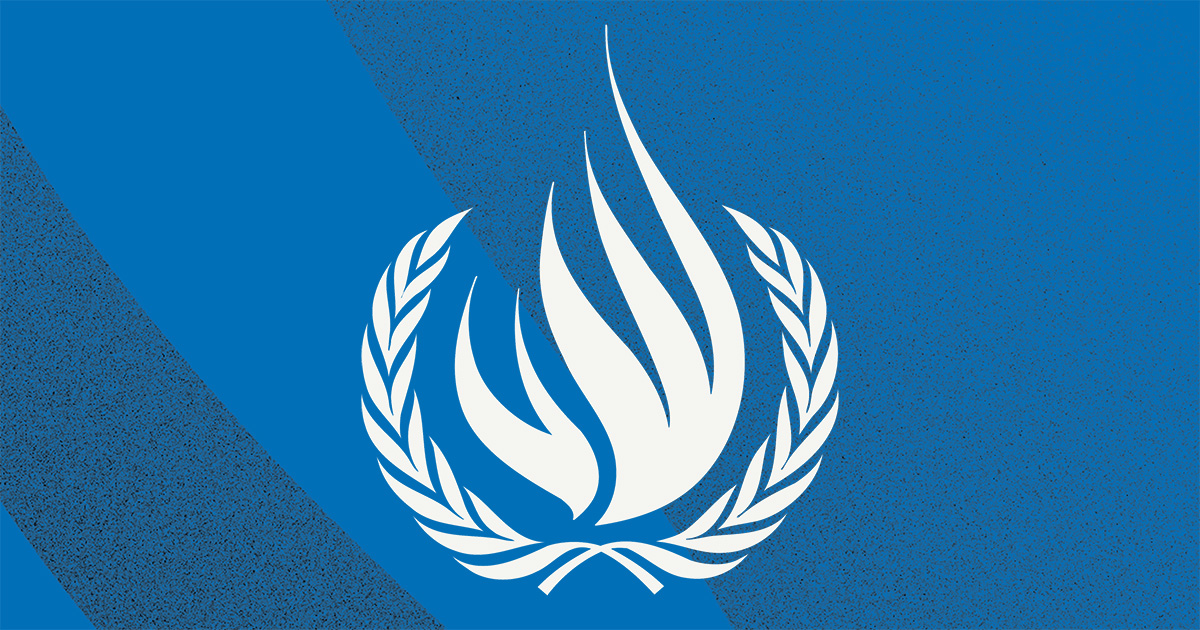
Pakistan has passed a bill banning corporal punishment for children in a move described as “historic” by rights activists.
It comes amid a number of high-profile cases of schoolchildren being badly beaten and even killed in schools, religious institutions and workplaces.
Last month, an eight-year-old boy was beaten to death by his teacher for not memorising a lesson in a madrasa – a religious school – in Punjab province. In June 2020, another eight-year-old, a girl working as a maid in Islamabad, was beaten to death by her employers for letting their pet parrots escape. These and other incidents, including disturbing mobile phone footage widely posted on social media, prompted nationwide debate on a ban in a country where physical punishment is commonplace.
The bill, passed by the National Assembly, includes penalties for beating children, and bans all types of corporal punishment at formal and informal workplaces and in various educational settings including religious, government and private institutions. There is a patchwork of corporal punishment legislation in Pakistan’s different states, and the current bill applies to Islamabad only, but it is thought the rest of the country will eventually follow suit.
“It is historic for Pakistan to pass a bill consensually for the wellbeing of children. Children have always remained voiceless in our society,” politician Mehnaz Akbar Aziz, who tabled the legislation, told the Guardian. “Corporal punishment is on the rise in this country. Until now the state had no measures in place to intervene in such situations of violence. The law on prohibition of children’s corporal punishment is the first bill that serves the purpose of ensuring the physical and mental wellbeing of children in Pakistan.”
Musician Shehzad Roy is the founder of Zindagi Trust, which has been campaigning on the issue for a decade. Last year, he filed a petition in Islamabad high court to ban hitting children. In 2020, Justice Athar Minallah advised the National Assembly to adopt the bill.
“Back in 2013, Dr Attiya Inayatullah passed a bill against corporal punishment in the National Assembly that didn’t pass in the Senate. We are expecting that this time the Senate would pass the bill too and all provincial assemblies follow it,” said Roy.
The challenge would be to formulate detailed rules for legal institutions and government ministries to oversee and enforce the legislation, he said.
Pakistan’s human rights minister, Shireen Mazari, who presented an amendment to the bill to ensure punishment for offenders and to give children access to justice, said: “We are hopeful the bill will make a difference.”
Children’s rights activist and lawyer Syed Miqdad Mehdi said the biggest hurdle was section 89 of the Pakistan Penal Code, which allowed teachers, parents and guardians to punish children in “good faith”. The new bill is designed to close that loophole at a time when Pakistan has 24 million children out of school.
“Many children quit schools due to punishment,” said Mehdi. “The law brings a deterrence. It needs to be implemented.”
Roy said the tragedy was that corporal punishment is ingrained in Pakistani society – from home to school to the police force – and that violence was seen as a way to resolve issues.
More work needed to be done, he said. Child protection units must be set up and a system put in place to ensure a proper reporting procedure.
“We need to challenge this mentality. Beating children does not aid them in any way. Instead, it kills their creativity and is a breach of fundamental rights. Children must be made to feel dignified.”












